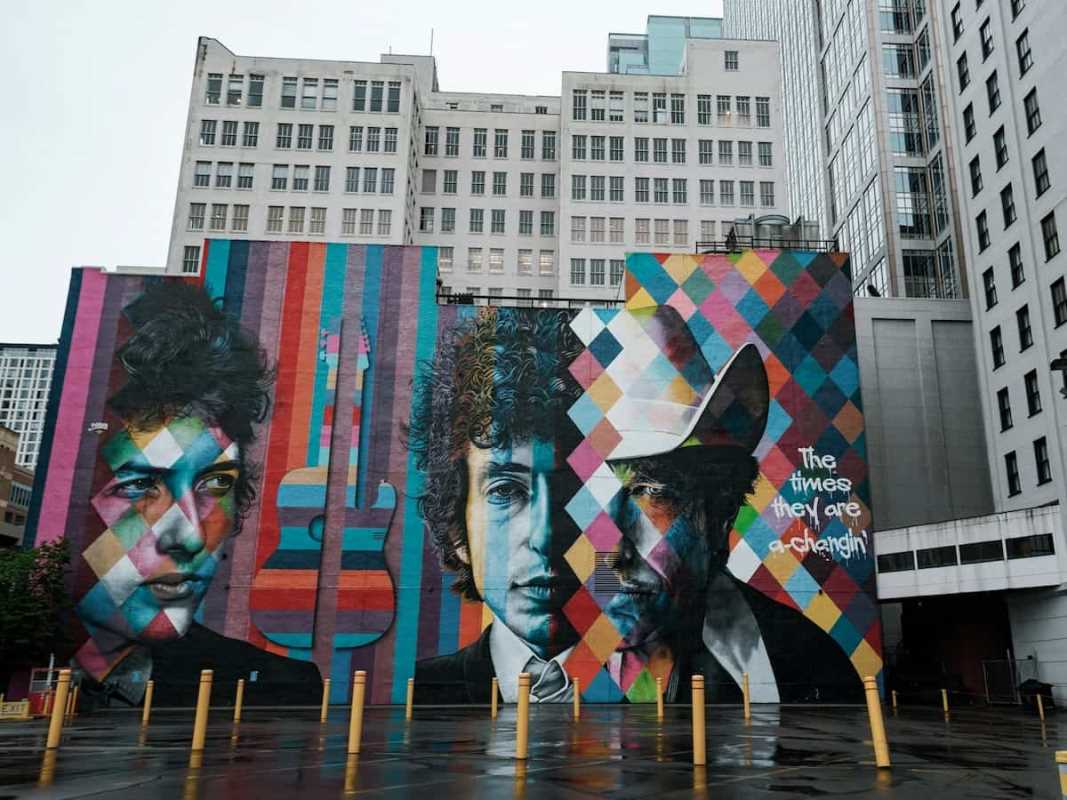In the dynamic world of Hollywood, trailblazing directors are revolutionizing the industry with their unique storytelling and visionary approaches. These directors break barriers, challenge norms, and pave the way for the next generation of filmmakers. Their impact goes beyond the screen, influencing culture and encouraging conversations about representation, identity, and societal issues. Let's explore some of these impactful figures and the waves they are making in the industry.
Ava DuVernay
As a director, writer, and producer, Ava DuVernay has been a trailblazer in advocating for diversity and representation in film. Gaining widespread recognition for her work on "Selma," which chronicles the historic 1965 march for voting rights, DuVernay shines a spotlight on pivotal social issues. Her documentary "13th," which explores the intersection of race, justice, and mass incarceration in the United States, received critical acclaim for its powerful storytelling and thorough research.
In 2018, DuVernay made history as the first black woman to direct a film with a budget exceeding $100 million with "A Wrinkle in Time," a visually stunning adaptation of Madeleine L'Engle's novel. By taking on such a high-profile project, DuVernay not only showcased her artistic vision but also demonstrated the importance of representation in mainstream cinema. She continues to champion diverse voices through her production company, ARRAY, which focuses on amplifying the stories of women and people of color in the film industry.
Bong Joon-ho
South Korean filmmaker Bong Joon-ho captured global attention with his groundbreaking film "Parasite," which made history as the first non-English language film to win the Academy Award for Best Picture. Known for his meticulous attention to detail and genre-bending storytelling, Bong masterfully weaves together elements of dark comedy, thriller, and social commentary. "Parasite" explores class disparity and the complexities of human relationships, prompting viewers to confront uncomfortable truths about society.
Bong's earlier works, such as "Snowpiercer" and "The Host," also showcase his unique storytelling style, blending genres and addressing social issues. His success at the Academy Awards has opened doors for international filmmakers and highlighted the importance of diverse storytelling in the global film industry.
Chloé Zhao
Chloé Zhao made history as the second woman and the first woman of color to win the Academy Award for Best Director for her work on "Nomadland." Known for her intimate and poetic storytelling style, Zhao captures the resilience of the human spirit in her films. "Nomadland," which follows a woman navigating life as a modern-day nomad in the American West, resonates with audiences through its authentic portrayal of hardship and community.
Zhao's earlier work, "The Rider," showcases her ability to blend documentary elements with narrative storytelling, further solidifying her reputation as a unique voice in cinema. Her success has paved the way for more representation of diverse stories and perspectives in Hollywood, encouraging a broader understanding of the human experience.
Jordan Peele
Jordan Peele has significantly impacted the horror genre with his thought-provoking and socially conscious films such as "Get Out" and "Us." Peele's ability to blend horror with social commentary has redefined the genre and elevated the conversation around representation and diversity in film. "Get Out," which explores racial tensions through a horror lens, became a cultural phenomenon, sparking discussions about systemic racism and identity.
Peele's innovative storytelling and unique vision have reimagined horror, encouraging filmmakers to address social issues through genre cinema. His work not only entertains but also challenges audiences to confront their biases and assumptions, making him a crucial figure in contemporary filmmaking.
Barry Jenkins
Barry Jenkins gained widespread acclaim for his masterpiece "Moonlight," which won the Academy Award for Best Picture in 2017. Known for his emotionally resonant storytelling and visually stunning cinematography, Jenkins explores themes of identity, love, and human connection. "Moonlight," which tells the coming-of-age story of a young black man grappling with his sexuality, is a poignant reflection of personal and societal struggles.
Jenkins continues to captivate audiences with his profound exploration of identity in projects like "If Beale Street Could Talk," based on James Baldwin's novel. His dedication to authentic storytelling and representation of marginalized voices serves as an inspiration for aspiring filmmakers, emphasizing the power of film to foster understanding and empathy.
Greta Gerwig
Greta Gerwig has emerged as a prominent voice in Hollywood, known for her distinct storytelling style and commitment to portraying complex female characters. Her directorial debut, "Lady Bird," received critical acclaim for its honest depiction of adolescence and mother-daughter relationships. Gerwig's ability to blend humor with heartfelt moments resonates with audiences, making her a fresh and relatable voice in contemporary cinema.
In 2019, Gerwig directed "Little Women," a modern adaptation of Louisa May Alcott's classic novel. By infusing the story with contemporary themes and perspectives, Gerwig breathed new life into the beloved tale, emphasizing the importance of female agency and individuality. Her success highlights the growing recognition of women directors in the film industry and the need for diverse narratives.
Taika Waititi
Taika Waititi is another trailblazer making waves in Hollywood with his unique blend of humor and heartfelt storytelling. Known for his films "What We Do in the Shadows" and "Jojo Rabbit," Waititi brings a fresh perspective to filmmaking. "Jojo Rabbit," a satirical take on World War II, explores themes of prejudice and acceptance through the eyes of a young boy. The film's whimsical yet poignant approach garnered critical acclaim and showcased Waititi's ability to tackle serious subjects with humor and compassion.
His distinct style, characterized by quirky characters and clever writing, has garnered him a loyal following. As a Māori filmmaker, Waititi also emphasizes the importance of representation and authenticity in storytelling, advocating for indigenous voices in the film industry.
The Impact of Trailblazing Directors
These trailblazing directors are reshaping the landscape of the film industry by challenging conventions and championing diverse voices. Their innovative storytelling, commitment to authenticity, and passion for pushing boundaries inspire aspiring filmmakers and cinephiles alike. As they continue to make waves in the industry, they pave the way for a future where storytelling knows no bounds.
In conclusion, the contributions of these visionary directors extend beyond their individual films; they are part of a larger movement advocating for inclusivity and representation in cinema. Their stories resonate with audiences worldwide, fostering a deeper understanding of the human experience and encouraging conversations about identity, culture, and society. As we celebrate their achievements, we also look forward to the next generation of filmmakers who will continue to challenge the status quo and redefine what cinema can be.
 (Image via
(Image via





